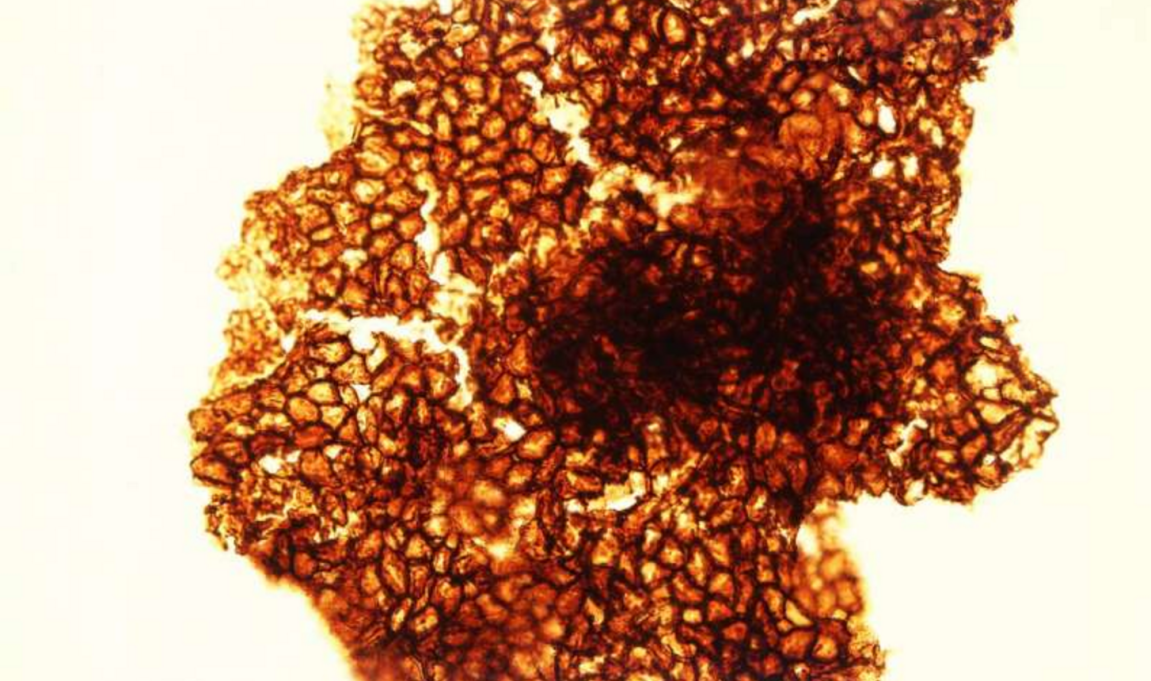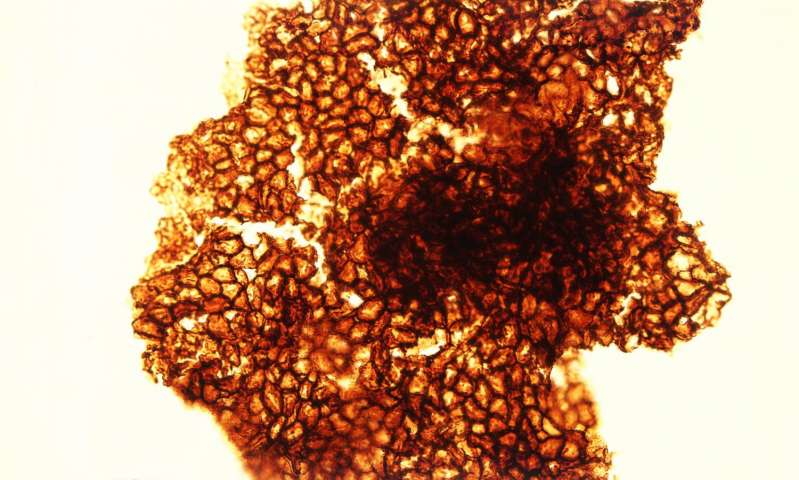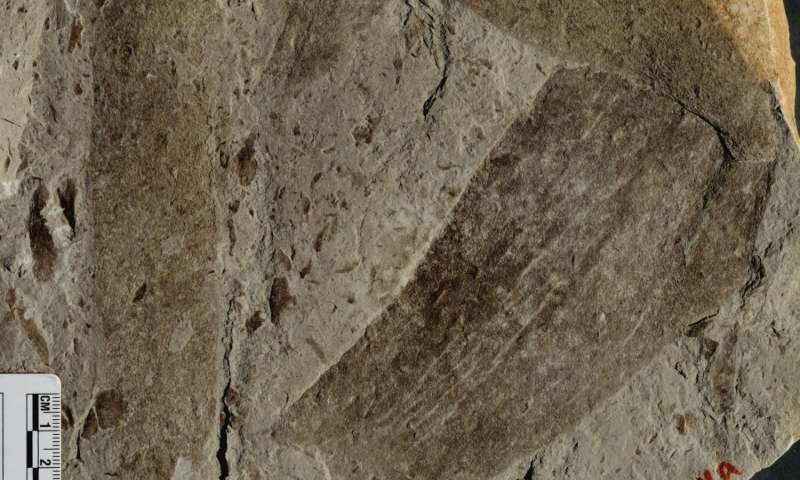
Discovery Challenges History Books
Researchers from the Nanjing Institute of Geology and Palaeontology claim that a fossil they found in Hebei Province’s Yanshan region in China shows that multicellular life actually have started on Earth 1.5 billion years ago—a billion years earlier than previous studies dictate.
“Our discovery pushes back nearly one billion years the appearance of macroscopic, multicellular eukaryotes compared to previous research,” Maoyan Zhu, a professor at the Nanjing Institute of Geology and Palaeontology.

Prior to this discovery, it was believed that only single-celled organisms existed for billions of years, a period referred to as the “boring billion” due to the lack of any significant evolutionary progress in this era.
After then, there was a great leap into complex life, resulting in the vast (and fast) evolutionary branching out of species. But when exactly this started remains unknown; however, the new study offers better insights into just how far back life goes.
The team says they gathered 167 measurable fossils, the largest of them measuring 30cm by 8cm. One third of the specimens were in one of four regular shapes, indicating complexity.

These are “compelling evidence for the early evolution of organisms large enough to be visible with the naked eye,” Zhu says. “This totally renews current knowledge on the early history of life.”
Previously, eukaryotes of comparable size had not been known to appear in the fossil record until about 600m years ago, when a multitude of soft-bodied creatures inhabited the world’s oceans. Prior to this, for the first 10 million centuries after the initial evolution of complex cells, the cells didn’t really do all that much evolving.
University of Bristol Palaeobiology professor Phil Donoghue says the discovery could be momentous: “They are not the oldest eukaryotes, but they are certainly the oldest demonstrably multicellular eukaryotes.”
Science Meets Resistance, As It Should
As with most discoveries big enough to potentially rewrite history, the discovery is not exempt from resistance.
University of Oxford senior researcher Jonathan Antcliffe thinks the specimens are more likely colonies of bacteria, rather than eukaryotic. “There is nothing here to suggest that the specimens are eukaryotic, as opposed to bacterial,” he notes.
A researcher from the University of Poitiers in France, Abderrazak El Albani, whose discovery of a fossil supposedly of a 2.1-billion year old multicellular organism was also met with skepticism, thinks the evidence presented by the Nanjing team is also unsatisfactory for evaluation, as it could not clearly distinguish whether the specimens were multicellular, eukaryotic, or complex.